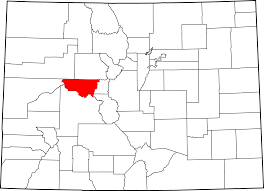In 2016, the City of Aspen and Pitkin County began a joint project to create a River Management Plan for the upper Roaring Fork River.
 The plan goal was to enhance the health of the Roaring Fork River and its tributaries. The planning process compiled years of studies and data using computer models that let water managers simulate how different factors might affect stream flows. These studies showed that since the early 2000’s, the ecological health of the Roaring Fork River has been declining as a result of water flow modifications, pollution, and development negatively impacting the river’s ecological health. The upper Roaring Fork near Aspen was identified as most at risk due to water diversions. During the summers, the upper Roaring Fork often does not meet the minimum flow set by the State of Colorado of 32 cfs.
The plan goal was to enhance the health of the Roaring Fork River and its tributaries. The planning process compiled years of studies and data using computer models that let water managers simulate how different factors might affect stream flows. These studies showed that since the early 2000’s, the ecological health of the Roaring Fork River has been declining as a result of water flow modifications, pollution, and development negatively impacting the river’s ecological health. The upper Roaring Fork near Aspen was identified as most at risk due to water diversions. During the summers, the upper Roaring Fork often does not meet the minimum flow set by the State of Colorado of 32 cfs.
The plan was released in the summer of 2018. While the plan outlines management actions for the region to move forward, the most significant outcome was a continued commitment by stakeholders to collaborate on achieving long-term goals for enhancing the health of the Roaring Fork.
Downloaded from ResilientWest.org
a project of
Resilient Communities and Watersheds

